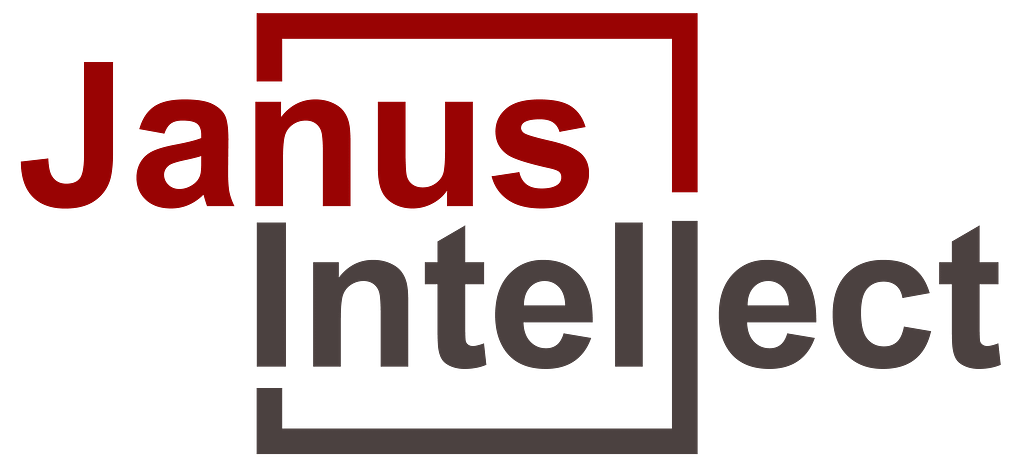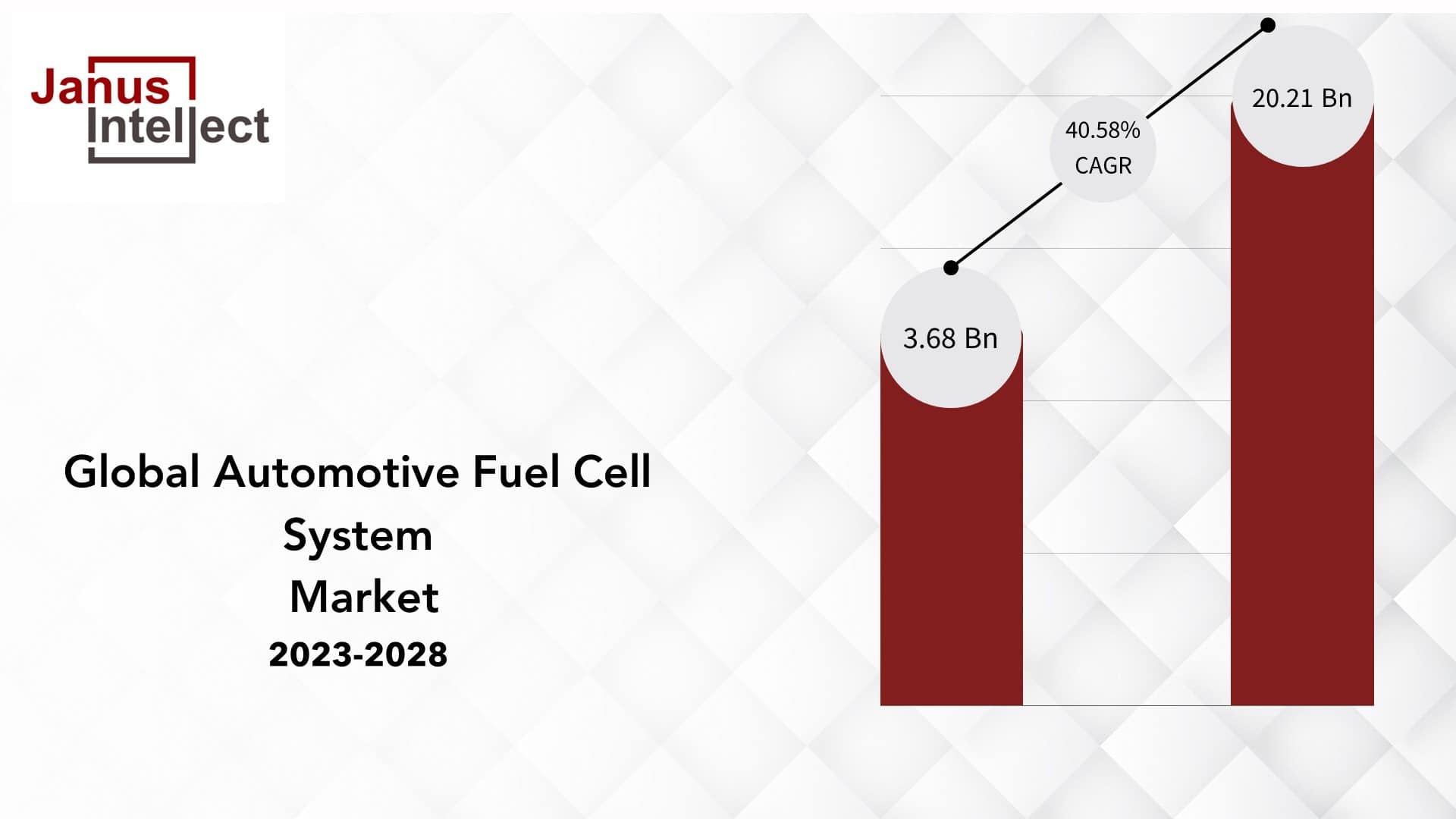Introduction
The Global Automotive Fuel Cell System Market is set to surge from USD 3.68 Bn in 2023 to a projected USD 20.21 Bn by 2028, growing at a CAGR of 40.58%.
Segment Analysis Automotive Fuel Cell System
The Global Automotive Fuel Cell System Market is segmented based on Fuel, Electrolyte Type, Power Output, and Vehicle.
The global automotive fuel cell system market exhibits diversity in terms of fuel types and market dynamics. Hydrogen, recognized for its zero-emission characteristics and suitability for fuel cell vehicles (FCVs), is experiencing increased popularity.
Rising environmental concerns and government incentives for clean energy solutions are significant drivers fostering substantial growth in the hydrogen fuel cell systems market. The market anticipates that methanol, with its advantages in easy storage and distribution, will fuel expansion, particularly in regions with limited hydrogen infrastructure. The “Others” category represents emerging fuel types in the automotive fuel cell market, adapting to evolving regulations and technology. Furthermore, the market is segmented by electrolyte types, incorporating advanced technologies such as PEMFC and PAFC, providing valuable insights for stakeholders.
Regional Analysis Automotive Fuel Cell System
Governments’ encouragement of FCEV deployment is projected to give Asia Pacific a significant market share.
The increasing investments in hydrogen fueling infrastructure. Additionally, the region benefits from numerous large-scale FC passenger car manufacturers, further contributing to its robust fuel stack manufacturing capacities.
In Europe, a dominant player in the automotive fuel cell system market, the European Union has committed to achieving substantial reductions in greenhouse gas (GHG) emissions within the transportation sector. Consequently, several European countries are actively embracing innovative technologies like fuel cells, primarily PEMFC, to achieve these environmental goals. This development presents significant opportunities for fuel cell manufacturers in the market. While the MEA region hasn’t traditionally been a major fuselage manufacturer, it has emerged as a significant aircraft market, driven by the expansion of Emirates, Etihad, and Qatar Airways, which has spurred demand for new aircraft.
While most fuselages and aircraft components are imported, there is a growing emphasis on developing indigenous capabilities. Countries like the UAE are investing heavily in aerospace manufacturing hubs and collaborating with global players to enhance local production. Moreover, the APAC fuel cell system market is positioned for substantial growth, driven by increasing environmental concerns and a growing demand for clean energy. These factors will fuel market expansion. Countries like China, India, and Japan are already working on fuel-cell systems. Toyota has reached another milestone in its progress towards a zero-carbon future by unveiling a prototype hydrogen fuel cell electric Hilux. The rising need for Automotive fuel cell systems to support the ongoing development necessitates substantial investments in clean and energy-efficient sources.
List of Companies
The report provides profiles of the key companies, outlining their history, business segments, product overview, and company financials. Some companies from the competitive analysis are Advent Technologies Holding, AFCC, Daimler AG, Hydrogenics, Hyundai Motor Company, etc.
Key Developments
Cummins Inc. has begun operations at its advanced Hydrogen fuel cell production center in Herten, Germany, with a 10 MW annual capacity. – March 2022
Doosan Fuel Cell partners with South Australian government and HyAxiom, a Doosan Corporation subsidiary, to exchange equipment and knowledge for sustainable hydrogen production. They aim for global competitiveness in hydrogen exports and sharing best practices. – February 2023
Frequently Asked Questions
How Much Is The Global Automotive Fuel Cell System Market Size?
The Global Automotive Fuel Cell System Market is set to surge from USD 3.68 Bn in 2023 to a projected USD 20.21 Bn by 2028, growing at a CAGR of 40.58%.
What Is The Major Global Automotive Fuel Cell System Market Driver?
- Increase in Fuel Efficiency and Driving Range
- Government Initiatives for Clean Energy
What are the Major Automotive Fuel Cell System Market Opportunities?
- Rising Demand for Fuel-Cell Vehicles in Automotive
Which Region Held The Highest Share In The Automotive Fuel Cell System Market?
APAC countries like China and Japan are growing faster in Automotive Fuel Cell Systems.
Who Are The Automotive Fuel Cell System Market Players?
Advent Technologies Holding, AFCC, American Honda Motor Company Inc., Ballard Power Systems Inc., Continental Industries, etc.





